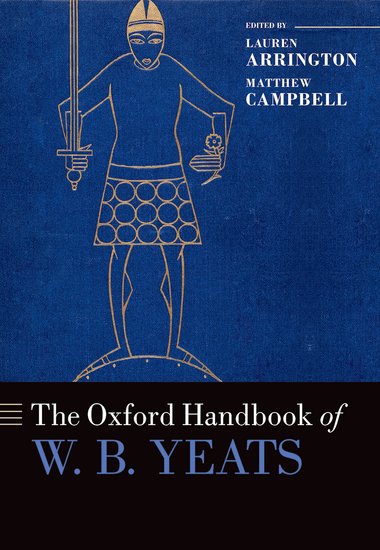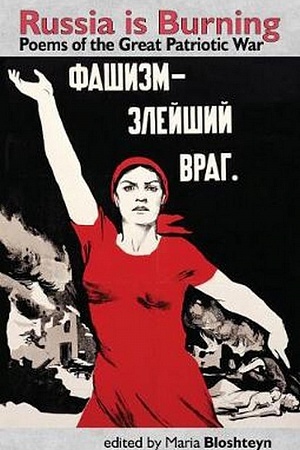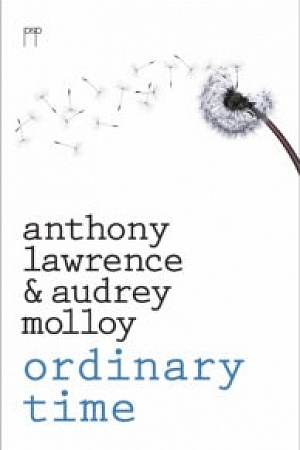The Oxford Handbook of W.B. Yeats
Oxford University Press £135 hb, 752 pp
Inexhaustibly generative
‘What then? sang Plato’s ghost.’ Editors Lauren Arrington and Matthew Campbell begin their Preface to the massive Oxford Handbook of W.B. Yeats with the poet’s own injunction to old age. And what a life it was: seventy-three years lived over two world wars; a mammoth literary oeuvre criss-crossing Victorian melancholy, Romantic sublimity, and Modernist apocalypse. At different times and sometimes simultaneously, Yeats was a bohemian raconteur in the Cheshire Cheese pub, a radical nationalist leader of the Irish Revival, a cosmopolitan disciple of the occult, and a waspish senator enraged by the philistinism of the Irish Free State.
In 1939, T.S. Eliot famously declared that Yeats was ‘one of those few whose history is the history of their own time, who are a part of the consciousness of an age which cannot be understood without them'. Academics were quick to oblige. Since the pioneering monograph by Belfast poet Louis MacNeice in 1941, followed by volumes from towering mid-twentieth century American critics like Richard Ellman and Hugh Kenner, the academic sub-industry devoted to extending Yeats’s legacy has been busy. This new reference collection, published by Oxford University Press in the Yeats Nobel centenary year and featuring forty-two erudite essays by scholars from across the globe (none of them Australian), comes in at more than seven hundred pages. It is a weighty reminder that the relationship between Yeats and academic literary studies may be inexhaustibly generative.
Lurking in the background of any academic reference collection which claims to bring together new perspectives and establish new dialogues, however, are the ghosts of intellectual history. This is especially so in the case of a major (and majorly studied) poet like Yeats. Two episodes of this history seem particularly relevant to understanding the merits and perhaps some of the limitations of this new volume.
Continue reading for only $10 per month. Subscribe and gain full access to Australian Book Review. Already a subscriber? Sign in. If you need assistance, feel free to contact us.















Leave a comment
If you are an ABR subscriber, you will need to sign in to post a comment.
If you have forgotten your sign in details, or if you receive an error message when trying to submit your comment, please email your comment (and the name of the article to which it relates) to ABR Comments. We will review your comment and, subject to approval, we will post it under your name.
Please note that all comments must be approved by ABR and comply with our Terms & Conditions.